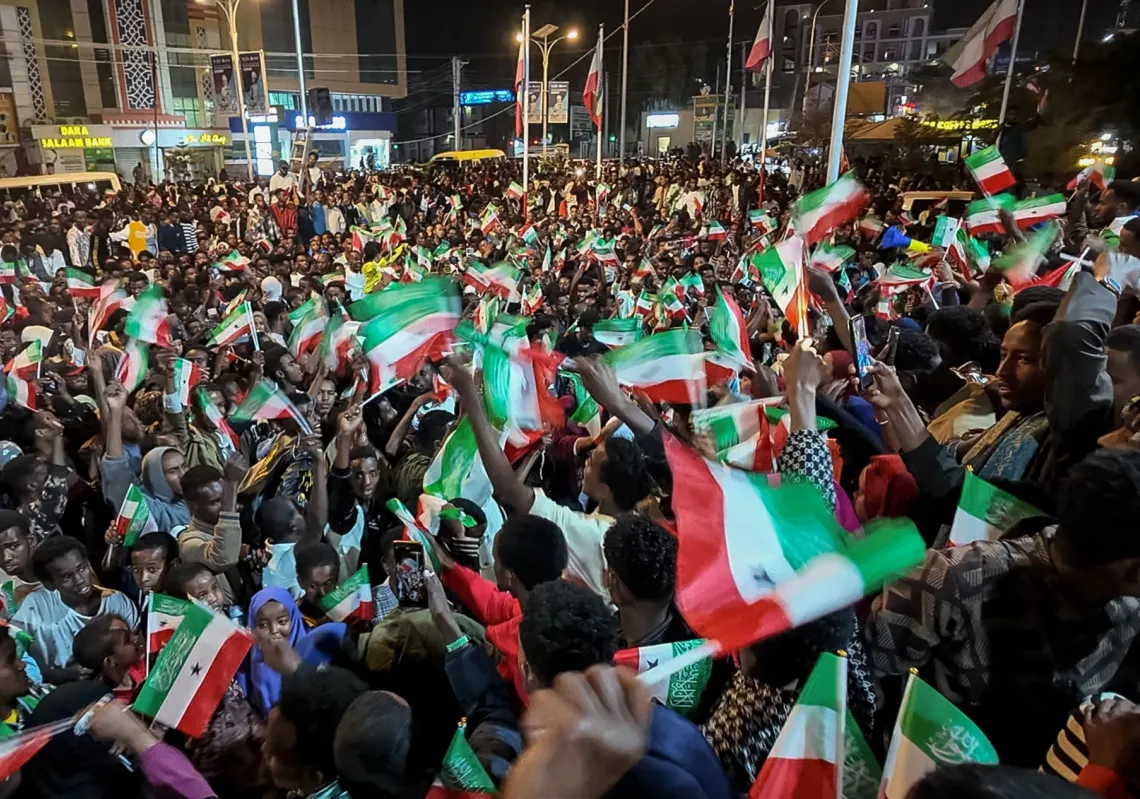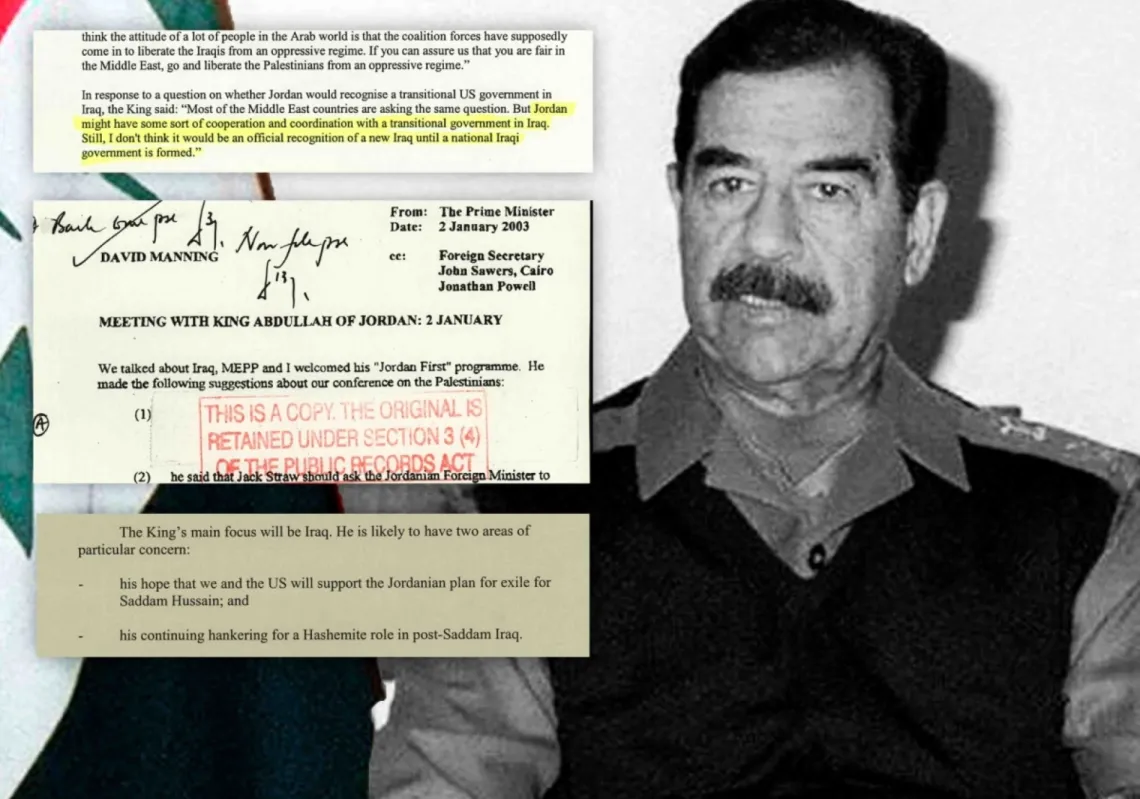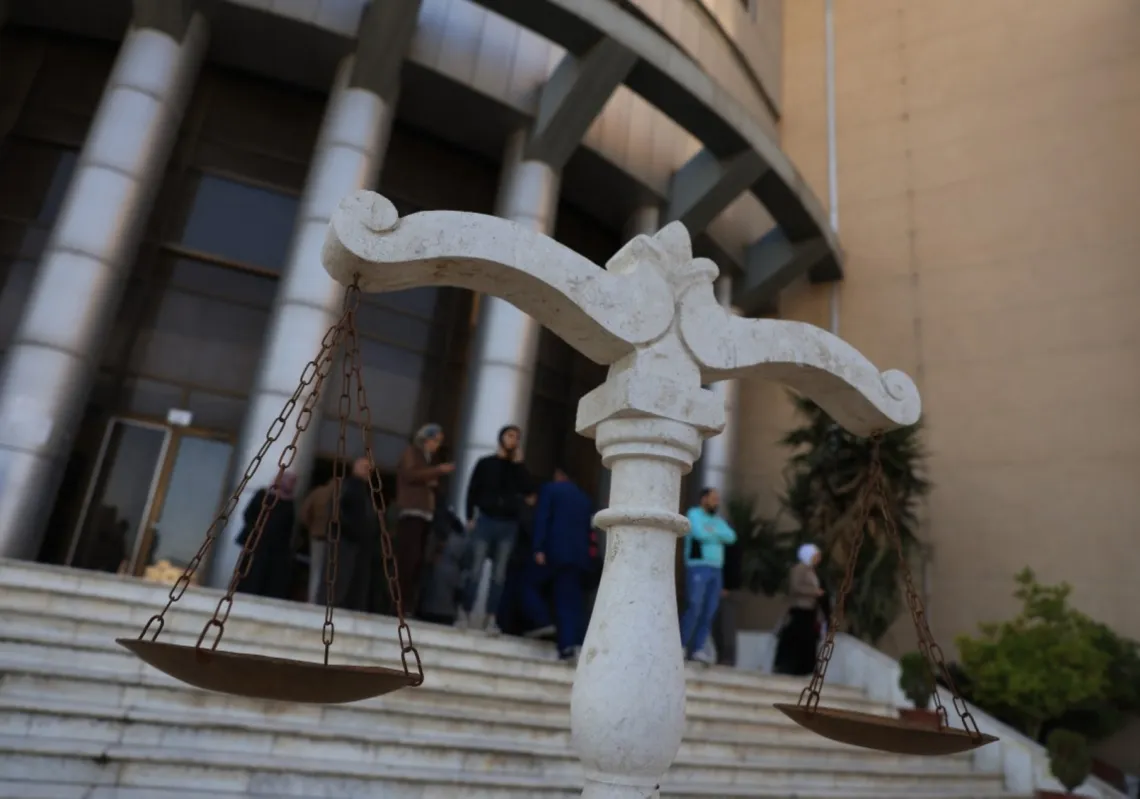 [/caption]
[/caption]
A world-famous novelist facing trial over charges of attempting to overthrow the Egyptian government has lashed out at the country’s ruling generals, dismissing the allegations against him as baseless and saying the governing army council should be subject to a criminal investigation for its role in “massacring” protesters.
Alaa Al-Aswany, whose award-winning novel The Yacoubian Building became an international bestseller, and was translated into 23 languages, said this week that the allegations against him were bogus and were being used to intimidate him and other government critics. “I believe this is a real threat,” he said. “It’s clear that this is a way to force us to shut up”.
The author is among 12 activists being investigated by military prosecutors over allegations of trying to overthrow the government and inciting hatred against the ruling army council. Last week Egypt’s state news agency announced that the 12 suspects – who include Wael Ghoneim, the Google executive who helped spearhead the January 25 uprising, presidential hopeful Buthaina Kamel and two prominent TV hosts – would now be investigated in a preliminary inquiry.
The allegations stem from a series of 700 complaints about the individuals allegedly sent to Egypt’s top prosecutor, according to the news agency. The complaints were then forwarded to an army prosecutor, who now has the option of triggering proceedings which could end in a trial.
Nobody knows for sure who the complainants are in this decidedly Kafkaesque snitch system, though most liberal activists agree that the allegations of trying to foment a coup d’etat are entirely bogus. What is more, they represent just the latest example of a military regime which appears intent on doing everything it can to undermine the transition period.
Along with the “virginity tests” scandal this week – where a military court denied the existence of the notorious examinations, despite previous high-ranking admissions to the contrary – not to mention the trials of at least 13,000 civilians under martial law since February last year, it seems Egypt’s ruling generals are doing their very best to throw the 2011 uprising off course.
According to Al-Aswany, it all points to a revolution on the rocks. “The old regime is working against the revolution,” he said. “We have the same structure in the Ministry of the Interior, the same state security department which tortured thousands of Egyptians over the past 30 years, the same officers. “Who is responsible for the maintenance and preservation of the old regime? The only answer is the ruling Military Council.”
Al-Aswany, who has been a scathing critic of military rule since Hosni Mubarak was toppled, said the reason for the sluggish pace of change resulted from what he called a “misunderstanding”. “I think the misunderstanding was there from the very beginning. The military council considered the resignation of Hosni Mubarak as an obligatory step to preserve the Mubarak regime. “The revolution thought the resignation of Hosni Mubarak was just a first step to eliminate the whole system.”
Nevertheless, he added that he was “optimistic” about the road ahead, insisting that the Egyptian people would continue their battle to secure a more democratic country. “I’m going to continue as normal,” he said. “That will never change. That’s something the military doesn’t understand. The people who participated in this revolution became different people after it.”









